Ethiopia
A state of emergency has been declared in Ethiopia by the country’s Council of Ministers. The announcement was made on state-run EBC on Friday evening, barely 24-hours after the resignation of Prime Minister, Hailemariam Desalegn.
There has been no word on the duration that the measure is expected to last. The Addis Standard portal reports that it was imposed to curb spreading violence in the East African country.
The country came out of a state of emergency in August 2017. The initial six-month measure put in place in October 2016 was extended by four months on expiry in April 2017.
During the 10 month state of emergency in 2016-2017 over 20k were arrested for no reason. Those released speak about how it has only angered them further. It didn’t work then, what does govt hope to achieve now? Any goodwill from prisoner releases will be gone. #Ethiopia
— Felix Horne (@FelixHorne1) February 16, 2018
The council “came to the conclusion that imposing emergency rule would be vital to safeguarding the constitutional order of our country”, it said. Further details are expected to be given by the defense minister on Saturday morning.
An opposition leader said earlier on Friday the ruling coalition had lost its authority and all parties must help map the country’s future.
Mulatu Gemechu, deputy secretary of the opposition Oromo Federalist Congress, said Ethiopia needed a completely new political system after years of unrest.
“Ethiopians now need a government that respects their rights, not one that keeps beating and killing them,” he told Reuters.
Rights advocates have frequently criticised Ethiopia’s government for mass arrests and long jail terms handed to political opponents and journalists.
But more than 6,000 political prisoners have been freed since January as the government has struggled to placate discontent.
The prime minister’s resignation followed a wave of strikes and demonstrations successfully demanding the release of more opposition leaders.



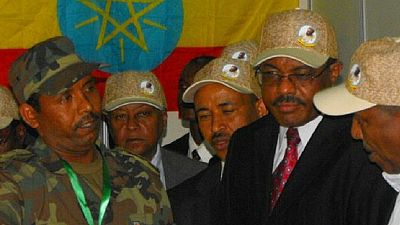

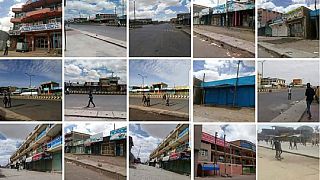

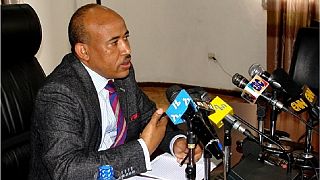



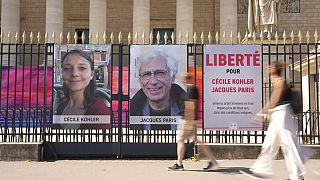
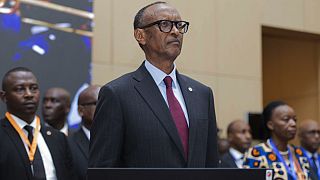
Go to video
Kenya set to surpass Ethiopia as East Africa’s largest economy in 2025 – IMF
Go to video
World Food Programme to halt aid for 650,000 women and children in Ethiopia
Go to video
Ethiopians mark Easter with calls for peace and love amid ongoing conflict
02:19
Ethiopians in Washington D.C. keep ancient language and orthodox traditions alive
Go to video
Is Ethiopia at war again? A look at the rebellion in one of its most powerful regions
Go to video
Lt. Gen. Tadesse Werede named the new interim president of the Tigray region